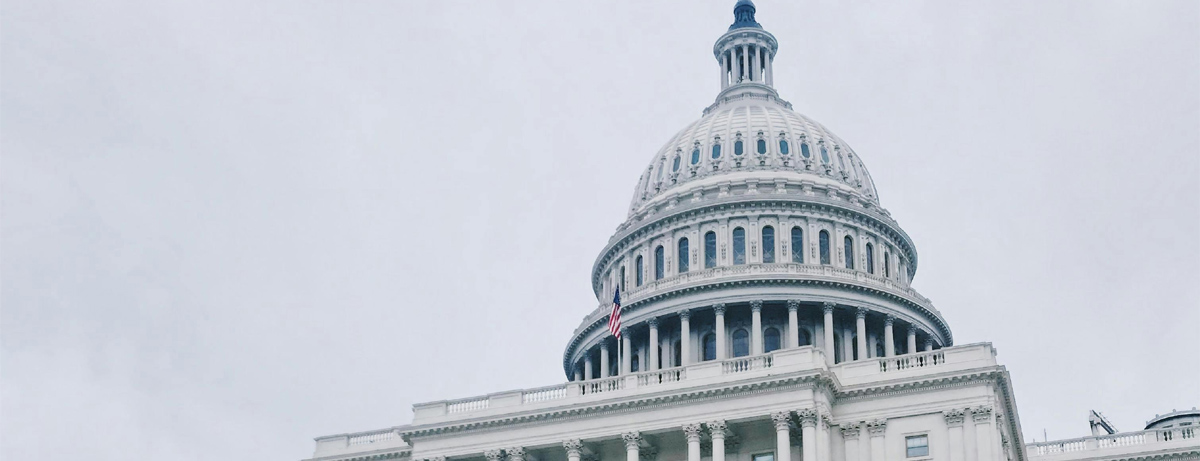This week, House Democrats introduced the “COVID-19 Price Gouging Prevention Act” (H.R.675) that outlaws “price gouging” during a “public health emergency” declared under federal law. Price gouging is defined as opportunistic behavior by sellers who take advantage of an emergency to raise prices of goods “unreasonably” to “unconscionably excessive” levels. All goods are covered by the expansive definition contained in the Bill, including motor fuels and convenience store items. There is no explicit limit to price increases, such as limits that might be expressed as a percentage of the existing price. There is, however, an explicit set of factors to be considered in determining whether a price increase is unreasonable and whether it rises to the level of unconscionability.
A determination of unconscionable price will depend on whether (i) the price “grossly exceeds the average price” in the 90 day period immediately preceding the price increase, or the average price during certain 45-day periods one year prior to the price increase; (ii) whether the price “grossly exceeds” the average price for the same or similar goods before January 31, 2020; and (iii) whether the increased price reflects certain increased costs of doing business (or “reasonably anticipated” increases in such costs) that were “not within the control of the seller.”
The factors do not include an assessment of whether the price is consistent with other prices in the market at the time of the alleged illegal sale, or whether consumers who were allegedly overcharged had other choices in the market to purchase the same product at a lower price. Whether consumers had other choices is a factor that the FTC currently considers in determining whether a pricing practice is an unfair or deceptive trade practice, although it is given no mention in the Bill.
The above-stated factors are also broad and loose enough to provide a jury with wide latitude in determining whether a price is “unconscionable.” It lacks a single clear-cut factor that would absolve a seller of liability as a matter of law. The lack of an absolute defense creates uncertainty in pricing, leaving the seller with a number of broadly stated factors to weigh in determining whether a price change is lawful. There could, for example, be a definition of the phrase “grossly exceeds the average price,” such as stating a percentage over the average price that provides the seller with a safe harbor. Or there could be an absolute defense whenever an increase in price is attributable to a corresponding proportionate increase in the cost of goods sold.
There are several ways to provide the seller with more certainty in pricing and less risk of being unjustly accused of “price gouging.” For example, certainty in pricing would be enhanced if the benchmark period for determining an excessive price is streamlined and simplified. An allegedly illegal price, for example, should be compared to the prices charged in a single, well-defined period, such as the 30, 60, or 90 days immediately preceding the declaration of emergency. It would also be helpful if the Bill contained provisions that would eliminate confusion arising from a seller’s need to comply with inconsistent federal and State price gouging standards. Under the Bill, a seller would have to comply simultaneously with the federal and State pricing standards, and sellers could be subject to simultaneous lawsuits brought by the FTC and a State attorney general.
EMA General Counsel will bring these and other issues to the attention of House members, as well as potential improvements to the Bill. The good news is even if the House passes the bill, the Senate is unlikely to approve it.


